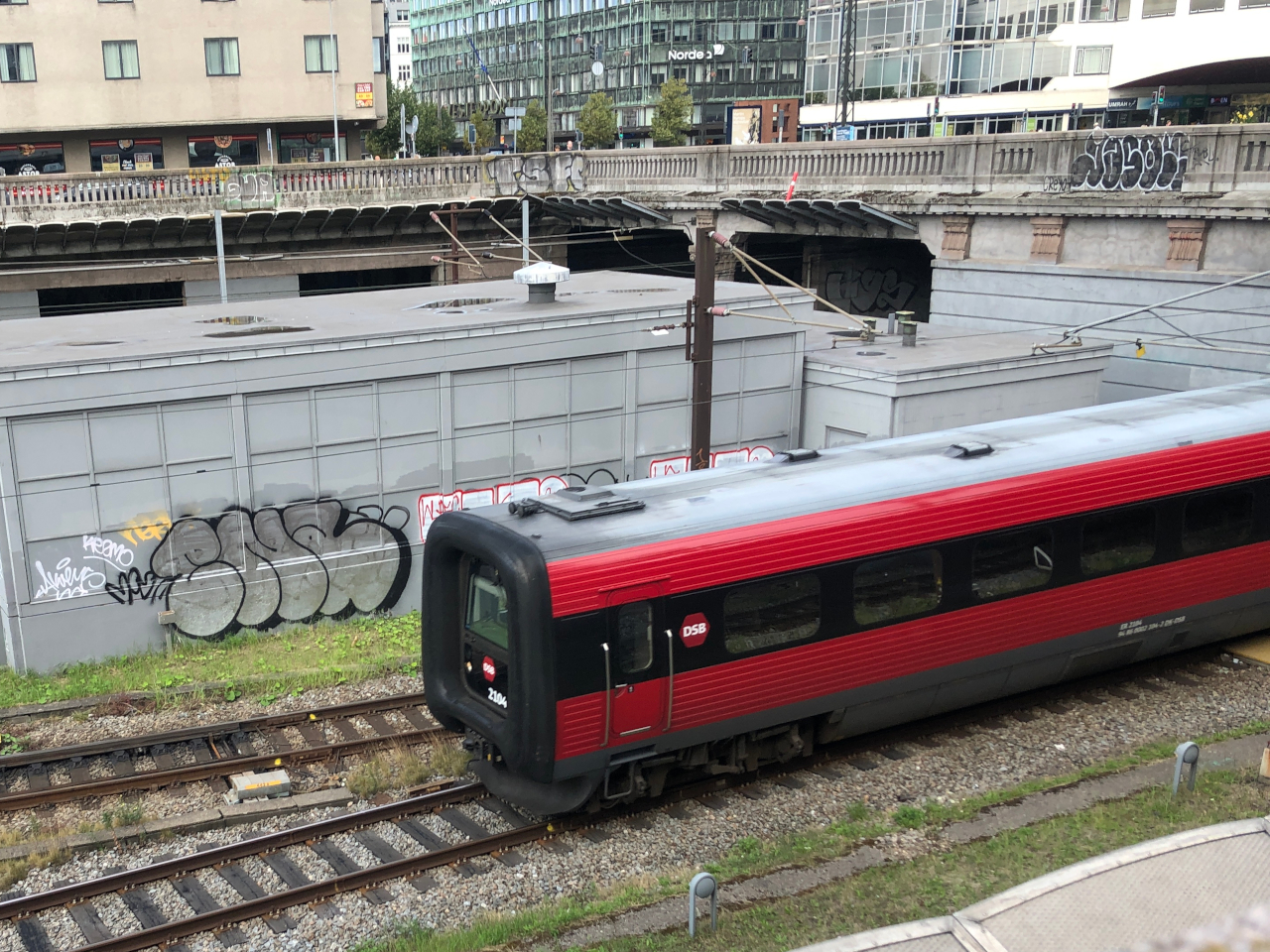 Photo: Rolf Larsen.
Photo: Rolf Larsen.
The prices for tickets and cards for buses, trains, and metro are changing
Some journeys will become cheaper, but most will become more expensive as ticket prices are adjusted.
The following price examples are for travelling with public transportation east of the Great Belt (Storebælt).
If you travel with a Travel Card (Rejsekort), you can look forward to an average price increase of 12.8%. A two-zone journey will now cost 20.50 DKK compared to today’s 18.00 DKK. This represents a price increase of 13.9%. A seven-zone journey currently costs 48 DKK, and it will increase to 52.00 DKK – an 8.3% increase.
Users of commuter passes (Pendlerkort) can expect price increases ranging from 1.2% to 13.8% depending on the journey. For example, a two-zone commuter pass will increase by 60 DKK per month to 510 DKK, while an eight-zone commuter pass from, for instance, Roskilde to Copenhagen H, will increase by 60 DKK to 1,410 DKK per month. Traveling with a commuter pass beyond 15 zones will keep the price stable.
It will also become more expensive for pensioners to travel with public transport. The price for a three-zone card with three months’ validity will increase by a total of 70 DKK, equivalent to 23.33 DKK per month. Meanwhile, a pensioner card for one large zone will increase by 100 DKK for three months, or 33.33 DKK per month.
Traveling by metro will also become more expensive, as the metro supplement increases to account for inflation. This means the supplement will rise to 1.75 DKK for a journey with a Travel Card, 70 DKK on a 30-day commuter pass, and 60 DKK on a Pendler20 pass. For a pensioner card with three months’ validity, the supplement will increase to 85 DKK.
The new prices come into effect on Sunday, January 21st.

